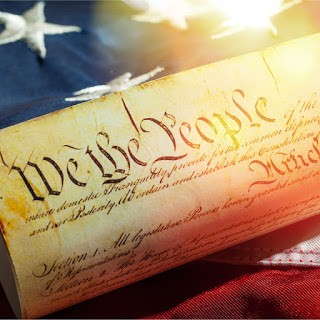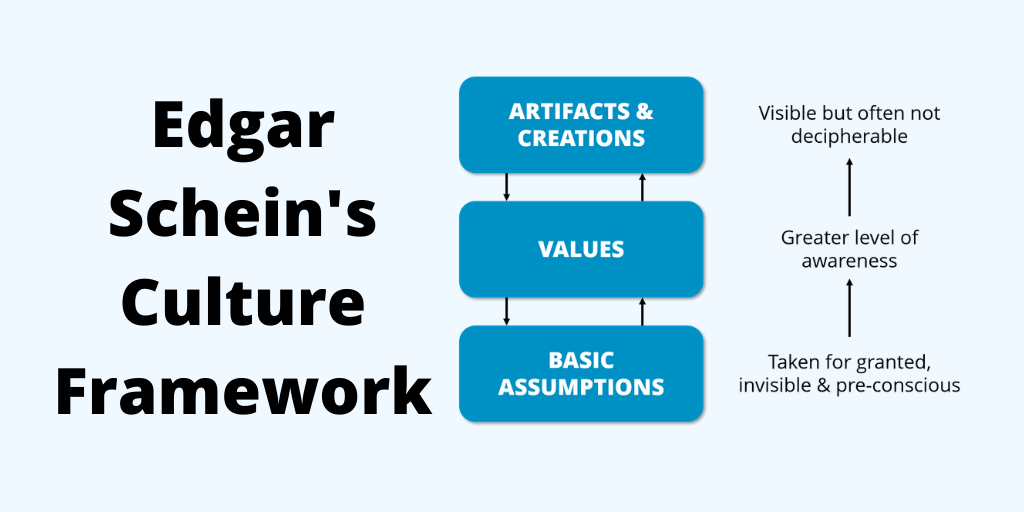Being Political
WE THE PEOPLE
Living from the Inside Out
Every word I speak,
every step I take,
every name I call,
every judgment I make…
Politics encompasses everything we do and say, everything we don’t do and say, and its impact on others. It’s impossible to be a-political. Our lives are a statement of our politics. And actions speak louder than words. Even if I were to become a hermit, which is tempting, that would be just as powerful a statement of my politics as running for office, or feeding the hungry.
Normally, politics is defined very narrowly in a modern sense of governance. Here, I’m looking at politics much more broadly and deeply; encompassing its roots and impact in the myriad of environments in which politics plays.

“When we forget that politics is about weaving a fabric of compassion and justice on which everyone can depend, the first to suffer are the most vulnerable among us — our children, the elderly, the mentally ill, the poor, and the homeless. As they suffer, so does the integrity of our democracy.” (Parker Palmer, Healing the Heart of Democracy)
There is some sort of politics going on all of the time in all of these settings: the home, the neighborhood, the community, the city, the country, etc. it is all of these combined collectively that are used to make up the politics of the polis or the macrocosm. In these settings, politics refers to the power structures and governance (from home to country), problem solving, conflict resolution, decision making, strategic planning (informally in small groups and formally in large organizations). Politics has to do with how we welcome or discriminate, include or exclude, listen or stereotype, accept or judge, and our openness or closedness to ourselves and to others, to difference and sameness. In every setting from home to country, we can sense the culture and feel the politics; whether it be nurturing or destructive, healthy or toxic.
I see the politics of the macrocosm as an expression and reflection of the politics of the microcosm. Macrocosm politics does not define microcosm politics. But microcosm politics DOES define macrocosm politics. For example, Donald Trump being president is not the cause of so much ugliness in America today, but is rather a reflection of who we already are and have become. It has been brought out in the open by this election. Now we can better see and know the powers and influences that are in the roots of we, the people… or at least some of the people. The bible refers to it as the principalities and powers that control and define this world.
The collective is a reflection of the individual.
The political is a reflection of the personal.
The integrity of an individual and a community
comes from this alignment.
That which we see outside of ourselves
is a reflection of that which is within.
This is true with perception.
I see you not as you are but
I see you as I am.
The morals and ethics in the home
Is what creates the collective morals and ethics of a culture.
A collective of racist individuals is bound
To result in a racist culture.
A collective of wise individuals is bound
To result in a wise culture.
When we call for change in the realm of power
We must first be the change in the individual realm,
right here at home is the roots of politics,
WE THE PEOPLE.
Otherwise, we lose our integrity
Individually and collectively, Aristotle, the father of political science says that “Politics is a noble activity in which men decide the rules they will live by and the goals they will collectively pursue.”
Quick tangent: in Aristotle’s culture, it was not common knowledge that it is not “politically” correct to use the word “men” to refer to all human beings. But I hope this is what he meant. Of course it is possible that he meant it in a way that was common back then, that the “man” ruled the home as well as the country. But either way, “politically correct” does not refer only to governance. It refers to the mores of the broader culture as a whole, which, of course, are a reflection of the ethics and values of the people.
Back to the Father of Political Science, I see this root definition of politics as the ways in which we interact in the polis; collectively as a reflection of our one on one interactions.
That which is not present in the roots, will not be present in the branches and the leaves.
“Everything begins in mysticism and ends in politics.” [1] So wrote Charles Péguy (1873–1914), a French poet and writer who lived in solidarity with workers and peasants and became deeply influenced by Catholic faith in the last years of his life. This provocative quote identifies the foundational starting point for how faith and politics should relate. (from Richard Rohr’s Daily Meditations)
Besides the term “politically correct,” here are some other uses of politics that are not exclusive but inclusive of all aspects from the roots up.
Politics of the Brokenhearted by Parker Palmer
“The capacity to hold tensions creatively is the key to much that matters— from a life lived in love to a democracy worthy of the name to even the most modest movement toward peace between nations. So those of us who care about such things must work to root out the seeds of violence in our culture, including its impatience and its incessant drive toward control. And since culture is a human creation, whose deformations begin not “out there” but in our inner lives, we can transform our culture only as we are inwardly transformed.”
“Let’s not forget that American democracy started with ‘We the People’ agreeing to work hard to create ‘a more perfect union.’ We’ve lost the idea that politics begins at home with what happens in families, in neighborhoods, in classrooms, in congregations. We called this democracy into being – and if we want to call this democracy back to its highest values, it’s got to be us doing that calling. That’s not going to happen if ‘We the People’ don’t know how to talk to one another with civility and hold our differences in a creative, life-giving way.”
On the Politics of Gentleness
This is an exploration on how people with disabilities create a culture of gentleness; a welcoming, inclusive community. Here politics and culture are used interchangeably with a clear parallel of it beginning at the roots (individuals) and expresses itself in the broader culture. It is the politics of this community that make it work.
The Politics of Love
In her book, “Williamson argues that we must do more than respond to external political issues. We must address the deeper, internal causes that have led to this current dysfunction. We need a new, whole-person politics of love that stems not just from the head but from the heart, not just from intellectual understanding but from a genuine affection for one another. By committing to love, we will make a meaningful contribution to the joyful, fierce and disruptive energies that are rising at this critical point in time. In the words of Abraham Lincoln, ‘we must think anew, and act anew . . . and then we shall save our country.’”
The Open University course: What is Politics?
1.1 The Extra Ordinary1.2 The Ordinary “However, politics is also much more ordinary – and the more ordinary, perhaps even mundane politics of everyday life can affect us as profoundly as the extraordinary. Politics influences our everyday lives in countless ways, and as you will see more clearly later in the course, we ourselves often engage in politics, perhaps without even realising that we are acting politically. What is more, some seemingly ordinary events can acquire extraordinary political significance.”
1.3 Politics: a view from the street“Politics permeates and affects our entire lives – often without us realising just how much of our daily routine is in one way or another affected by politics and informed by political decisions. Yet the importance of politics to everyday life, and the degree to which many of our daily activities are ‘political’, is not always recognised. In fact, for many people, politics still seems like the domain of professionals (such as politicians and political analysts).”
2.1 The many meanings of politics
2.1.1 Politics as that which concerns the stateCurrent section:2.1.2 Politics as conflict resolution2.1.3 Politics as conflict2.1.4 Politics as the exercise of power2.1.5 Politics as a social and public activity
Edgar Schein’s levels of organizational culture
This is another way of depicting how I see politics playing out in a variety of settings. His research mostly focused on organizations and all of the levels at play on the surface and below the surface. I love the way his thinking fleshes it out with all of its complexity. This can be used as a way of beginning to answer the following questions.
What is the politics of your workplace?
What is the politics of your church?
What is the politics of your home?
What is the politics of your neighborhood, community, city, state, country?
In a sense we become part of the politics of the settings where we live and work.
Here are two diagrams. The first is the framework that Schein used. The second is an interpretation that really fleshes out the underlying influences, values and beliefs, and the assumptions which are implicit, invisible, and unconsciously driving things behind the scenes.



No comments:
Post a Comment